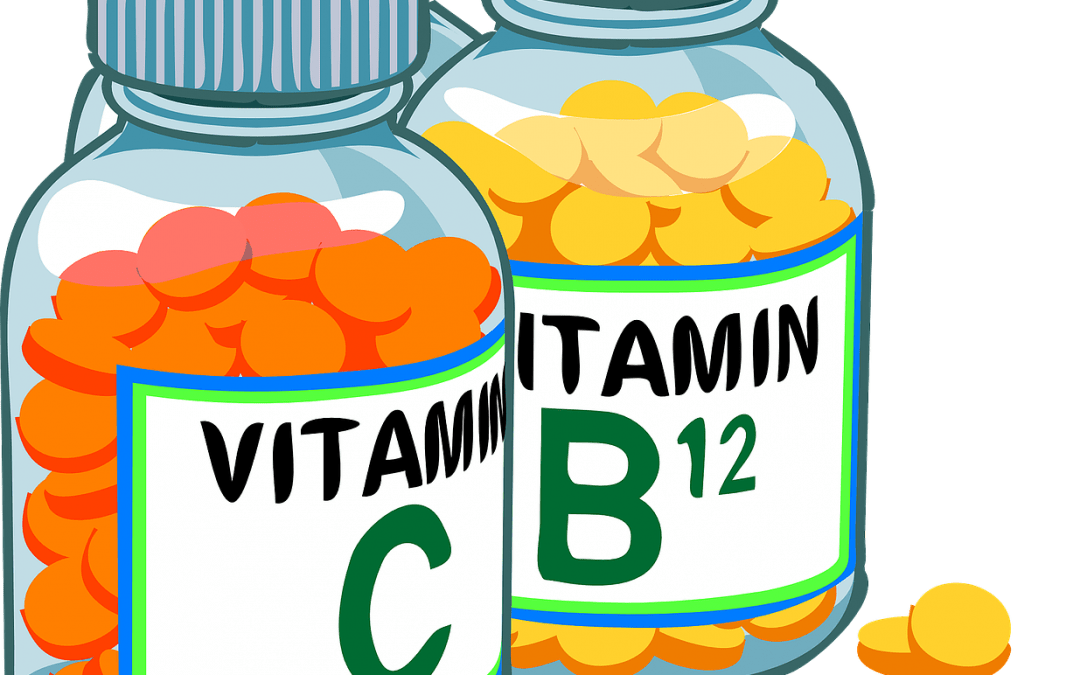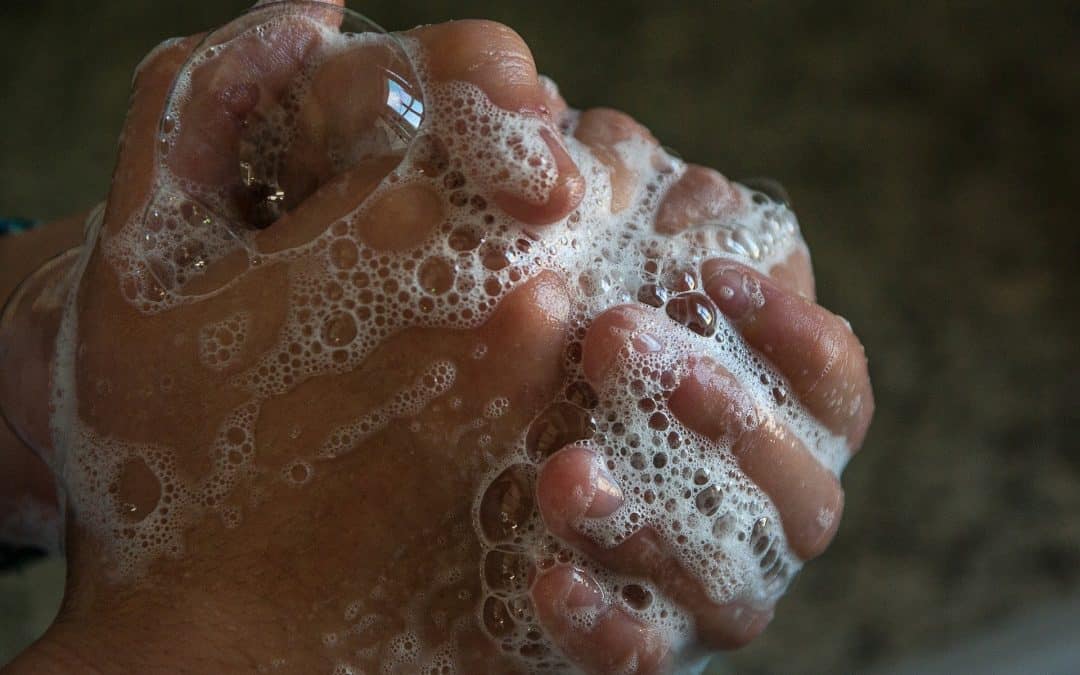
If you’re tired of spending the cold and flu season sick then you might be wondering how to boost your immune system this winter. Rise Chiropractic and Acupuncture have put together this information to help you out. Dr. Klosterman wants to see you stay healthy this winter, which should be easier if you follow these simple steps.
1. Wash Your Hands
This is one of the best things you can do to reduce your risk of contracting illnesses. Every day, you are touching doorknobs, light switches, and other people’s hands. If someone sneezes or doesn’t wash their hands after going to the bathroom and then opens a door, then those germs are now on that doorknob.
Wash your hands before touching your face or mucous membranes. Also, wash your hands before eating. In order to effectively remove as many germs as possible, you need to use soap to help break the sticky bonds bacteria and viruses use to adhere to surfaces. You should also scrub your hands together for at least 20 seconds before washing them off.
2.Exercise Regularly
Doing at least 30 minutes of cardio per day greatly increases the number of T-cells found in your gut. The longer the exercise, the more benefits it has for your immune system. Cardio also causes you to sweat, which is one of the body’s mechanisms of getting rid of toxins.
The slight rise in body temperature during exercise also creates a more hostile environment for bacteria and viruses which will slow down their growth rate. Exercise also reduces the number of stress hormones that circulate through your body. Stress hormones can also decrease your body’s ability to fight off infections. When possible, take your exercise outdoors, which can also lower stress hormones.
3.Reduce Stress
When we go through periods of stress, our body’s ability to fight off antigens (bacteria, viruses, and cancer cells) is greatly reduced. That is why you might come down with a cold right after going through finals in college or working hard trying to land that client at work. On top of that, the stress hormone further suppresses the immune system by lowering the number of lymphocytes.
Chronic stress has the most significant impact on your immune system. It’s this prolonged suppression of your body’s immune function that can lead to far greater health concerns. In order to give your body a fighting chance this winter, take steps to reduce your stress. This can include decreasing your workload or by taking more time to care for yourself.
4. Eat the Right Foods
Like any soldier, your fighter cells need good nutrition in order to be at their strongest. Eating certain foods can cause inflammation which in turn can increase your risks for infections. Prolonged inflammation can also trigger other problems in your body such as a leaky gut, which then prevents your body from getting the necessary nutrients it needs to power these fighter cells. You can see how important your diet is to your overall health.
Micronutrient Deficiencies
Deficiencies in certain micronutrients can also affect your body’s immune response. These micronutrients include zinc, selenium, iron, copper, folic acid, and vitamins A, B, C, and E. These micronutrients all work together to help your body function properly. If you aren’t getting these nutrients in the foods you eat, discuss with your doctor the possibility of taking supplements.
What Foods Boost Your Immune System?
There are certain foods that you can be intentional about including in your daily meals to help your immune system. These foods include:
- Garlic
- Ginger
- Citrus fruits
- Broccoli
- Turmeric
- Papaya
- Turkey (dark meat)
- Crabs, clams, and lobsters
- Almonds and sunflower seeds
- Mushrooms
These foods are all great sources of micronutrients. It’s important to vary your diet and ensure you aren’t eating the same thing every day so that you can get the most benefit from the foods you eat.
Don’t Forget to Drink Water
Our bodies are made from 75% water. Getting enough water is vital to our body functioning properly as well as cellular function. Even mild dehydration can lead to health problems. Drinking enough water also helps to quickly flush out antigens and other toxins.
Water also helps by carrying oxygen all over your body, which aids in proper bodily function. You can add a bit of lemon juice to your water for added vitamin C or you can drink it in the form of hot green tea, which is full of antioxidants. A general rule of thumb to ensure you are getting enough water is to look at your urine. If you’re getting enough water, then it’ll be clear or pale yellow. The darker your urine, the more dehydrated you are.
5. Get Enough Sleep
We’ve already discussed the detrimental effects the stress hormone, cortisol has on your immune system. Chronic sleep deprivation (which is classified as getting 6 hours or less of sleep every night) greatly increases your cortisol levels. A protein found in your body(cytokines) are released while you sleep. These proteins are essential to fighting off inflammation and infections. Sleep deprivation will decrease the number of cytokines released by your body.
Periods of sleep deprivation also lower your body’s production of other infection-fighting agents such as antibodies and t-cells. Adults need, on average, 7-8 hours of sleep per night. If you aren’t getting enough sleep, see what you can do to change that so you can help boost your immune system.
Chiropractic Care Can Help You Stay Healthy
When your entire body is balanced then you’ll find you’re less prone to getting sick. Rise Chiropractic and Acupuncture provides chiropractic adjustments, acupuncture, and nutritional counseling to help your body get back on track. Our team is happy to serve you in Jacksonville, FL, and surrounding areas. Give us a call today so we can help you out!
Are you suffering from a sports injury, back pain, or an auto accident? Did you know that chiropractic treatment can help?
Get in touch with Dr. Dave Klosterman at Rise Chiropractic and Acupuncture today!





